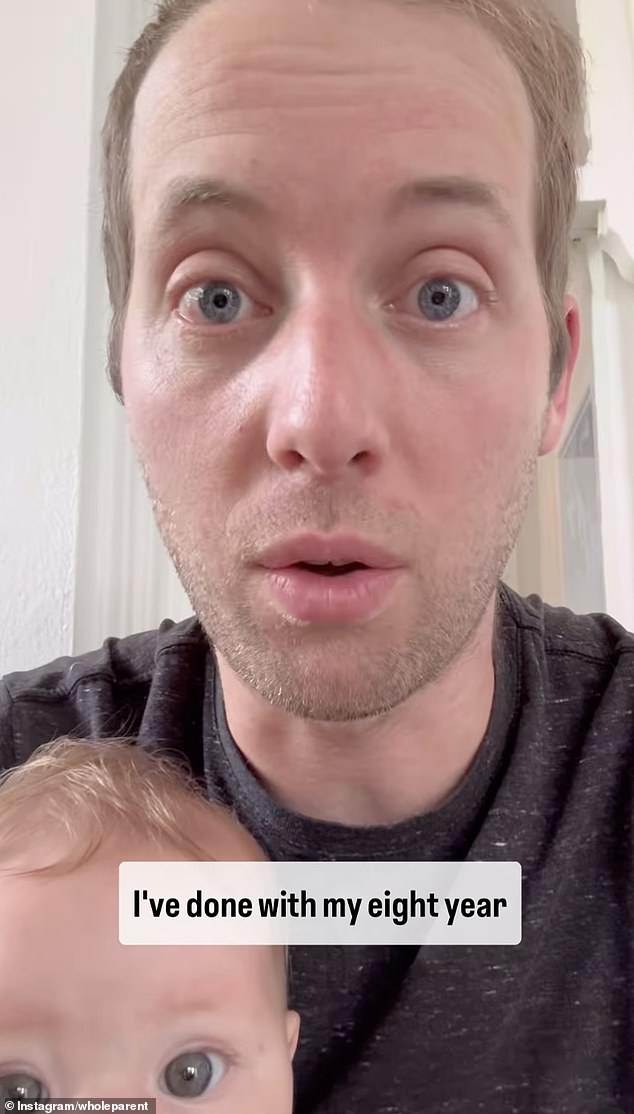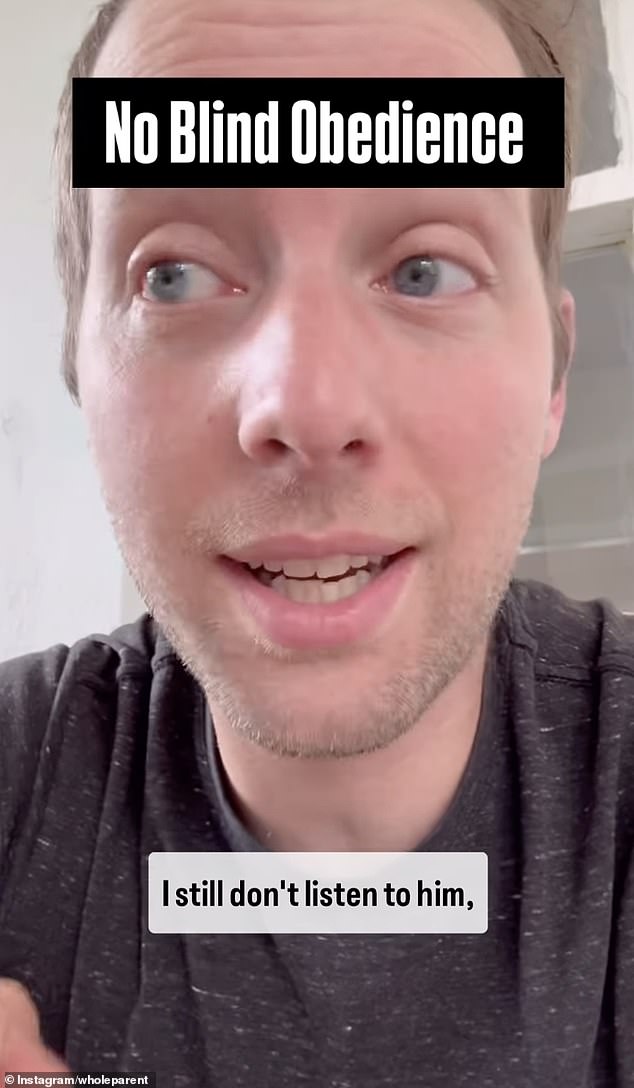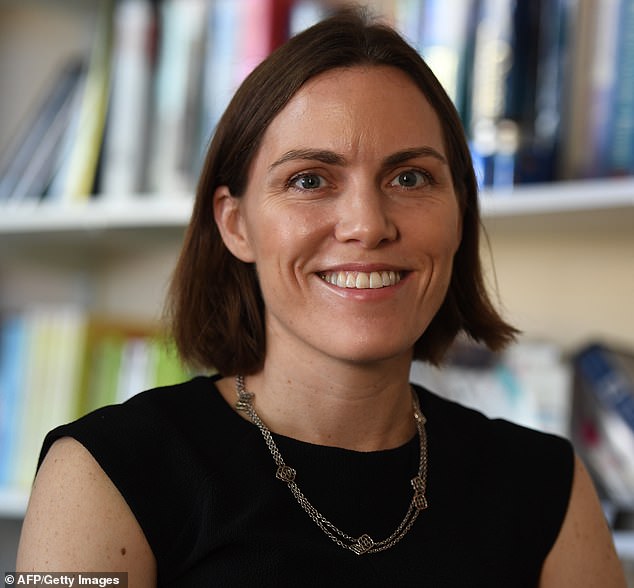A parenting coach and father of four has shared the three strategies he believes are essential for protecting children from sexual abuse – and they may not be what you expect.
Jon Fogel, a parenting educator who shares advice under the name Whole Parent, has sparked conversation with a powerful video revealing that the best defence against abuse isn’t necessarily about limiting contact with other adults or avoiding sleepovers.
‘The greatest shield against abuse is the way that you parent them every day,’ Jon says in the video, which has resonated with thousands of parents online.
‘And I just wish more parents knew that.’
Jon, who has taught these principles to his own eight-year-old, outlines three key strategies – each of which is grounded in mutual respect, emotional safety and trust.
‘Number one, and I cannot stress how important this one is,’ he says, ‘I have raised him to not be blindly obedient to me.’
Instead, Jon encourages healthy communication. If he does something his son doesn’t like, he’s taught to speak up – even if that means going to the other parent.
If boundaries are put in place, they are explained. ‘I do not say “because I said so, because I’m the adult” – none of that. Kids who are trained to not question authority are easy targets.’
The second point is equally thought-provoking. ‘We do not punish and we do not shame for misbehaviour or mistakes,’ Jon continues.

Parenting expert and researcher Jon Fogel shared three strategies to be implemented by parents to prevent their children from being sexually abused

Jon said children who are taught to accept authority without question are made ‘easy targets’
Drawing on psychological research, he explains that punishment not only fails to teach long-term discipline, but it also fosters fear – something predators often exploit.
‘The threat of your parents being mad at you and getting you in trouble is one of the tools that abusers use to keep kids quiet.’
His own son isn’t fazed when a teacher threatens to call home – ‘please do,’ he says, ‘they’ll help us navigate this situation.’
Because he isn’t afraid of his parents’ reaction, he knows they are a safe place.
The third strategy may seem simple but is often overlooked: talking openly about bodies.
‘Bodies are not taboo,’ Jon says. ‘You want to tell us something about your body? We are not going to make you feel weird about that.’
It’s a direct approach to destigmatising conversations that many children are raised to feel embarrassed about.
Though some viewers may have expected more traditional safety tips – such as never leaving children alone with adults – Jon insists that the most effective protection lies in nurturing confidence and self-worth.
‘Yes, this is just general parenting advice,’ he acknowledges. ‘But that’s the point.’
The video has struck a chord with many parents. One mother wrote: ‘My kids know if someone says “don’t tell your mom” you tell mom even faster.’
Another added: ‘A child having active, involved parents alone is a huge barrier to sexual abuse. Love these tips!
‘Protecting your kids is more of a long term big picture thing than people realise.’
And one parent said: ‘Great post. 100 per cent on this train. I tell my daughter I can only keep her safe if she feels safe enough to talk to me.’
Jon’s advice reflects a broader shift toward gentle parenting – an approach that prioritises empathy, emotional intelligence and open dialogue over authority and punishment.
It signals a cultural change in how parents view protection: less about shielding children from the world and more about empowering them to navigate it.
And where children’s voices are too often ignored, perhaps it’s this quiet, everyday parenting that truly keeps them safest.

Professor Emily Oster (pictured) came under fire last month after revealing she prioritises family time over attending other kids’ parties
Parenting influencers are abundant and their views are far ranging, often sparking debate with controversial or unusual views.
Mother Emily Oster has previously come under fire revealing she often doesn’t allow her children to go to birthday parties.
The 45-year-old, who write books on parenting, appeared on the We Met At Acme podcast last month to discuss motherhood, and said she didn’t allow her children, aged 10 and 14, to attend parties.
The economist and author, from the US, is known for voicing her sometimes controversial opinions on motherhood said she’d rather prioritise ‘family time’.
Emily, who is also CEO for the ParentData blog, told the podcast, hosted by Lindsey Metselaar, that she wasn’t ‘categorically opposed’ to parties, but that she would turn down invitations if they clashed with family plans.
A video recording of the conversation shared to the podcast’s social media channels racked up more than 234,000 views, with thousands of parents left seething by Emily’s divisive remarks.
Viewers accused her of being ‘controlling’ and making a ‘bad parenting choice’.
Explaining her view, she said: ‘For our family, this idea of prioritising some time that the four of us can spend together that is family time, that’s very central, and that’s not everybody’s thing, but that’s our thing. And once we have that, it sort of rules out many other things.’
‘It’s not that I’m categorically opposed to the concept of a birthday party,’ she clarified, adding that she would rather take the opportunity to spend time together as a family unit.












